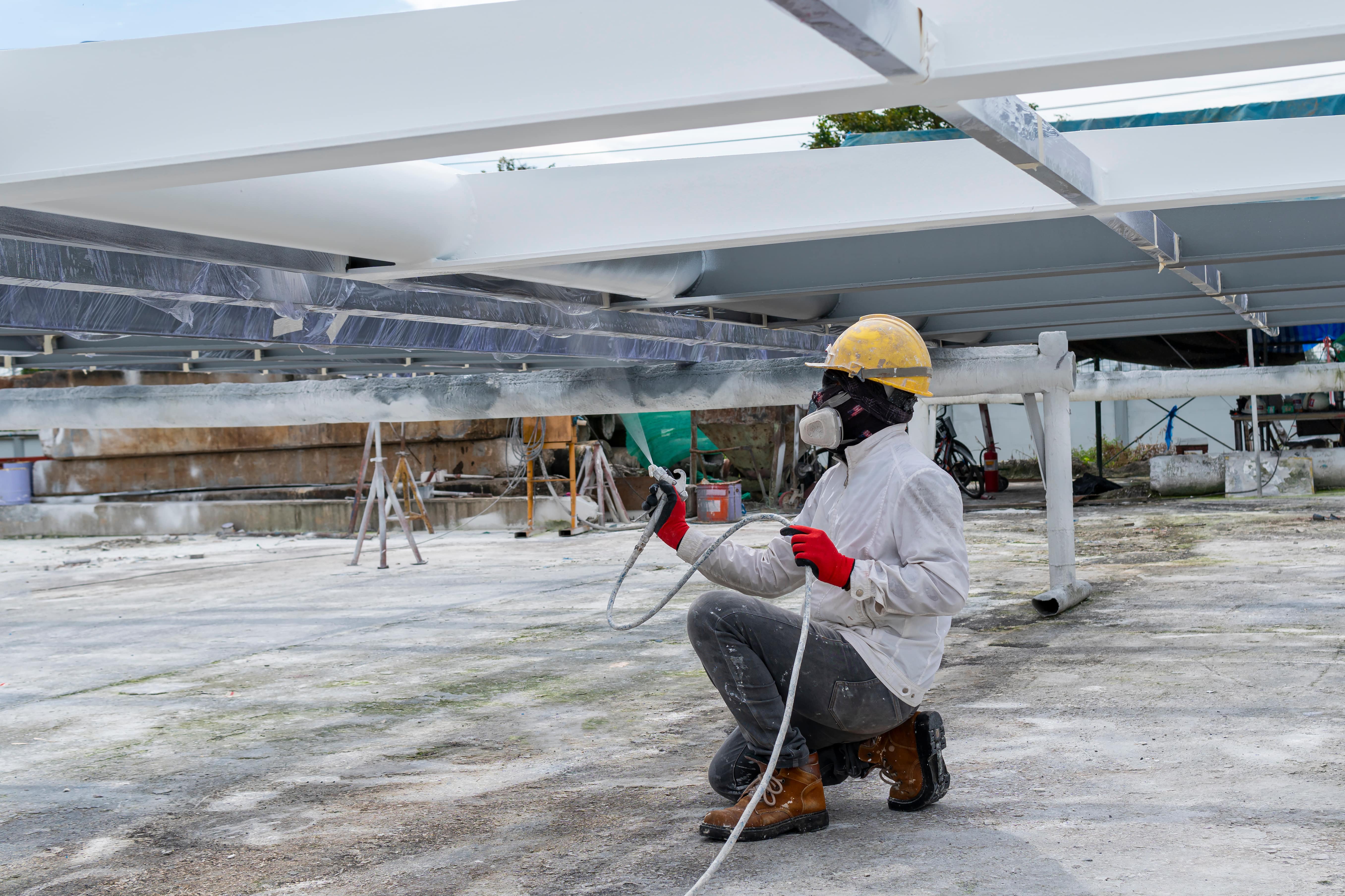The year 2020 has brought a seismic shift in the way healthcare is run, leaving many hospitals, companies and others in the medical industry struggling to find just enough equipment, make ends meet and provide for their patients. Entities that have a strong online presence were able to adjust more quickly to the continuously evolving environment. American College of Spine Surgery, a nonprofit organization that works to further the education of spine and neurosurgeons worldwide, has witnessed the struggles that some face during this transition and has offered its help to some of its members in need. When prospective patients from across the country reach out to American College of Spine Surgery looking for a spine surgeon in their area, the organization refers them to a surgeon member in their area. With social distancing and many offices temporarily closed, telemedicine has become an critical part of medicine.
As a result of COVID-19, hospitals have faced financial concerns as well as challenges in testing and caring for patients with the virus and maintaining or expanding their facilities to adequately treat the patients, a report from the U.S. Department of Health and Human Services indicates. The report establishes that difficulty maintaining staffing to accommodate the expected patient surge was also a concern. While a lot of patient care requires in-person visits and specialized procedures, some critical interaction between doctors and patients can be handled through telemedicine. There are different methods to achieving this.
Telehealth can improve the health outcomes of patients, and it can potentially minimize the strain on hospitals by reducing the number of patients at the facilities and the number of PPEs used by providers, according to the CDC.

American College of Spine Surgery said that many of its physician members have been utilizing telemedicine to stay in touch with patients and continue to run their practices as efficiently as possible. Dr. Sean Kaloostian, M.D., a neurosurgeon and active member of American College of Spine Surgery, has been seeing some of his patients virtually and feels that it’s important to offer patients the option of a virtual visit.
“We are constantly being told to remain as socially distant as possible to help stop the spread and providing a telemedicine option is ideal in accomplishing that goal,” Dr. Kaloostian said. “In a broader perspective, telemedicine has been essential in offering necessary care to patients who may not have access to a specific type of physician in their geographic area. Specifically, in the field of neurology, telemedicine has been essential in providing time sensitive evaluations by neurologists for emergent conditions like stroke in community hospitals that do not have stroke neurologists readily available or on staff,” he said.
The concept of virtual medicine is still evolving and there are a lot of assessments to be made. Dr. Kaloostian said the appointments can be less personal.
“A physician also loses their ability to perform an adequate physical examination as a part of the visit which is crucial to determine the specific pathology present or to determine how a patient is responding to treatment being delivered,” he added.
Dr. Kaloostian practices in southern California, near the headquarters of American College of Spine Surgery.




